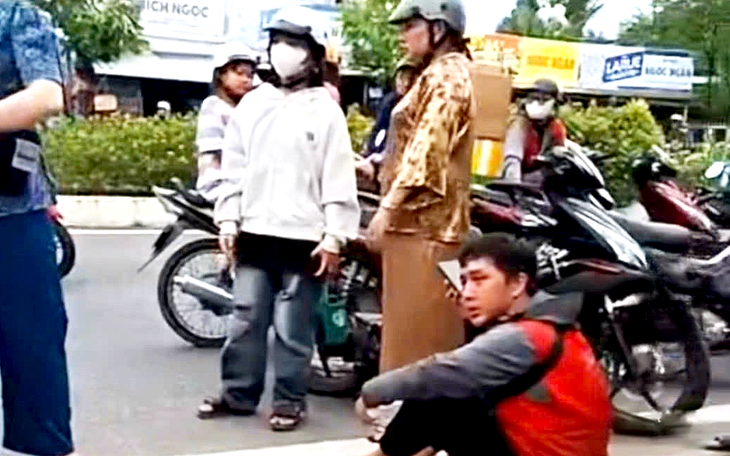A slap or a punch has never resolved conflict—it only leaves additional injuries and regret. In a civilized society, words must come before fists, and reason must triumph over muscle.
Decades ago, in my neighborhood, there was a brawl that still seems absurd when I think back on it. It was just a friendly weekend soccer match meant for everyone in the area to have fun. But a few on-field clashes turned into excuses for both sides to grow hostile and aggressive. After just a few exchanged insults, the whole group jumped into a fight. Some had broken teeth, others bruised faces.
The local police had to come and file a report, but since it didn’t meet the criteria for intentional injury, the matter ended with reconciliation.
Yet, what began as a fun game turned the whole neighborhood into a literal battlefield, and community bonds were damaged. That memory haunted me for years, and every time I hear about fights in society, I’m reminded of that “fists before thought” scene.
Recently in Cà Mau, a delivery driver ended up in the hospital with a bloodied face just for delivering a rearview mirror. It started with a small conflict: the customer wanted to inspect the goods, but the driver refused due to company policy. After a brief exchange, the customer suddenly threw a punch, hitting the young man’s nose and causing it to bleed. The aggressor had to answer to the authorities.
In another incident, in Ho Chi Minh City, the public was stunned by images of a doctor in a white coat—someone who should symbolize compassion and healing—assaulting a patient right in the hospital. Simply because of a disagreement when the patient complained about the quality of treatment and demanded a refund, the doctor lost control and used violence instead of explanation.
Two different stories, one in the Mekong Delta, one in a big city, but both share the same nature: aggression rising faster than thought. When a hand is raised, reason disappears. And behind it, a society increasingly vulnerable to such impulsive acts of violence.
Why is violence so quick to erupt today?
First, we must acknowledge the accumulation of stress in modern life. People face pressures from making ends meet, work, material competition, daily traffic encounters… It all acts like a barrel of gasoline waiting for a spark. Just an unfriendly look or a disagreeable word can be the last straw.
Second, the social environment doesn’t always take a firm stance against violence. Numerous fight clips spread rapidly online, attracting huge view counts, along with comments cheering things like “serves them right” or “that’s satisfying.” Unintentionally, behaviors that should be condemned become “entertainment,” seen by some as a way to show toughness.
Third, education in life skills, especially emotional control, remains a gap. We teach children hundreds of math formulas and thousands of English words, but rarely the “formula” for restraining anger: take a deep breath, count to ten, walk away from the situation. Lacking self-regulation skills, many grow up full of knowledge but poor in emotional management, becoming “ticking time bombs” in conflicts.
Finally, although the law is strict, there are still gaps in practice. Many scuffles are classified as “insufficient to constitute a crime” and only lead to reconciliation. This half-measure makes some people dismissive of the law, thinking, “a few punches will at most lead to an apology or compensation—no big deal.”
Most worryingly, violence is gradually becoming a social reflex. People are accustomed to reacting with muscle rather than reason, with insults and punches instead of dialogue and restraint.
Solutions are needed to break the cycle of violence
First, it must start with emotional education. From elementary school, students should learn conflict resolution skills, listening, and anger management. Children must understand that true strength isn’t in muscle, but in self-control.
Next, legal authorities must enforce laws strictly—cases “insufficient to constitute a crime” shouldn’t always end in reconciliation. The law needs clear sanctions, including administrative measures, for deterrence. Those who commit violence must pay a price, even for a punch






